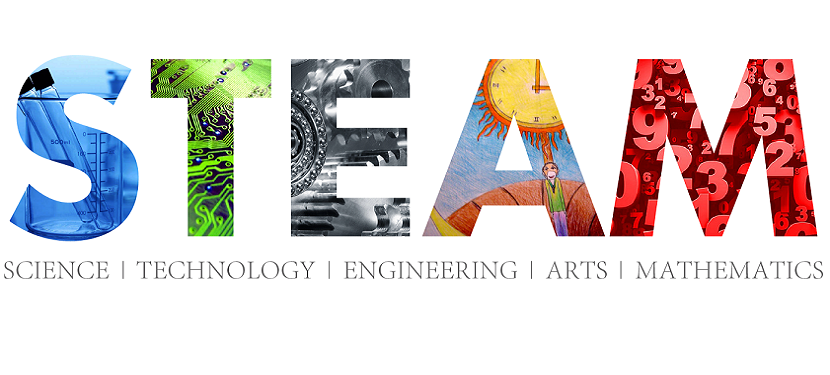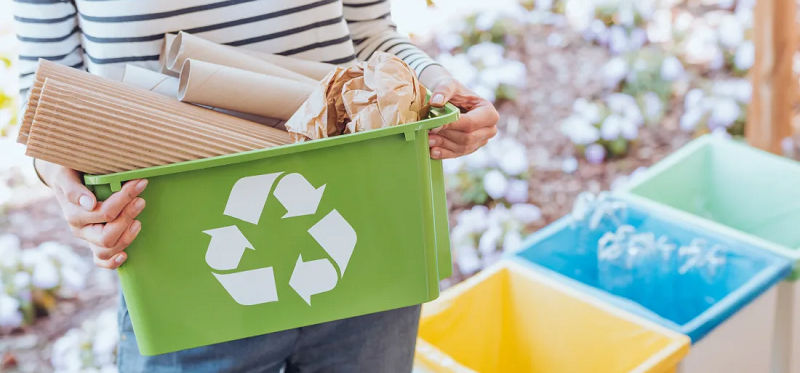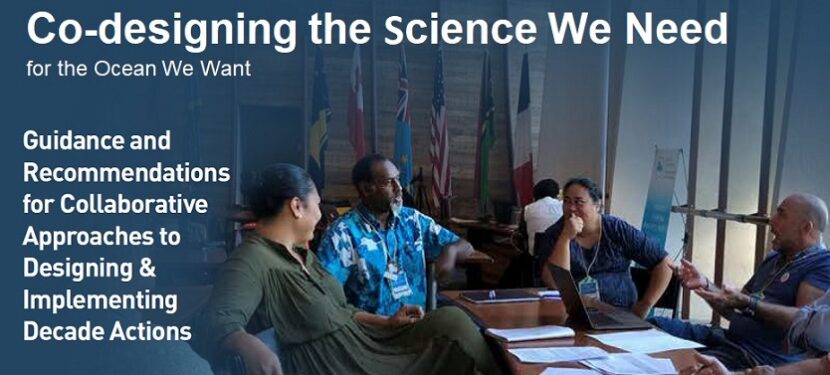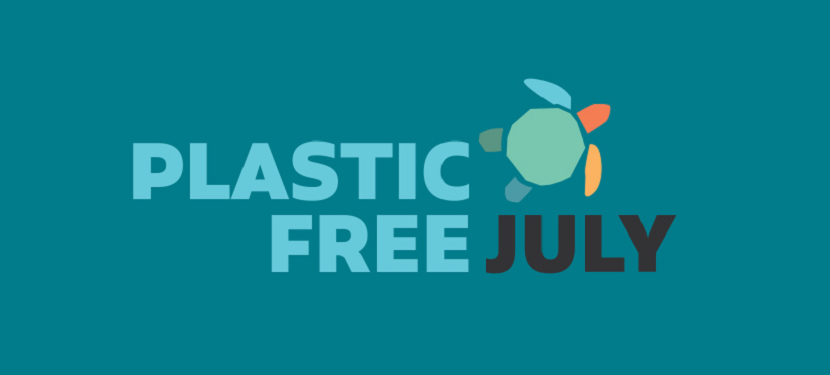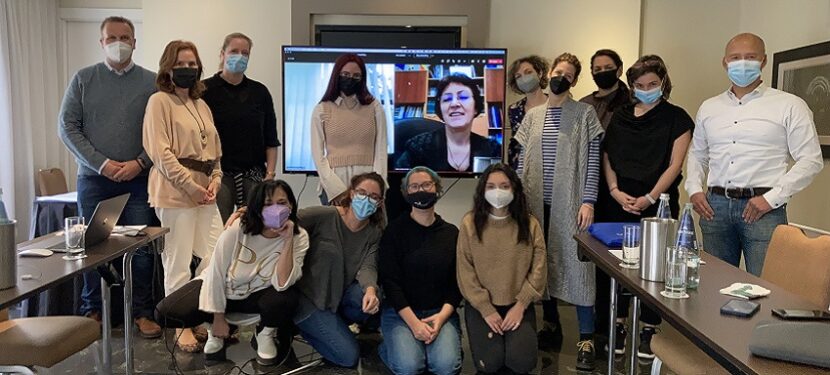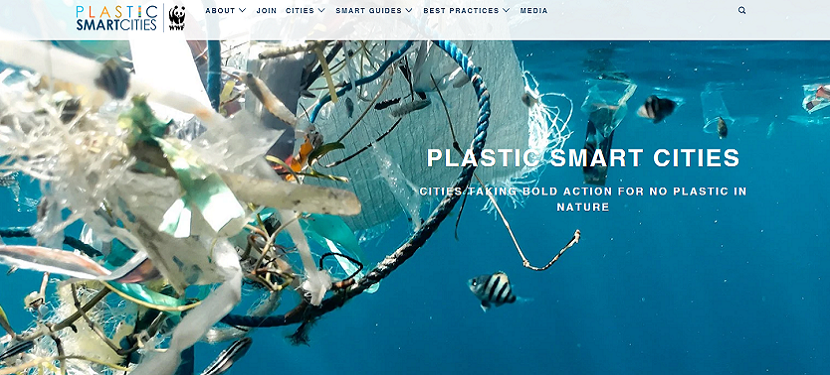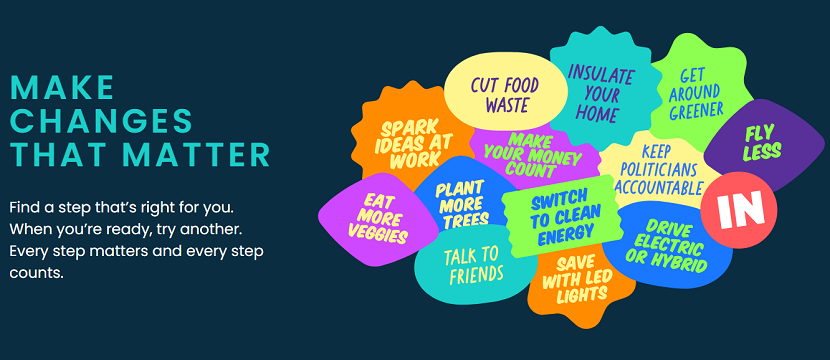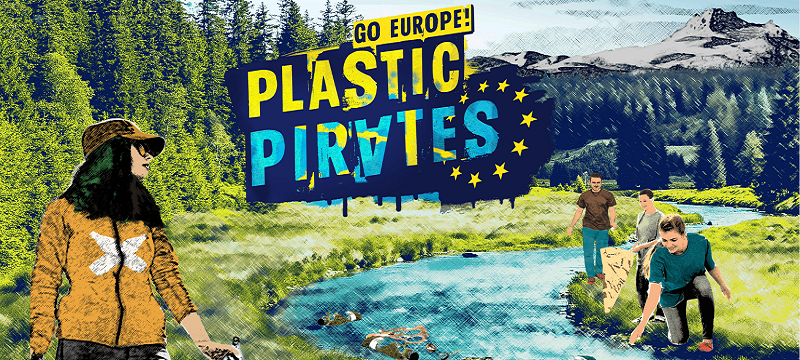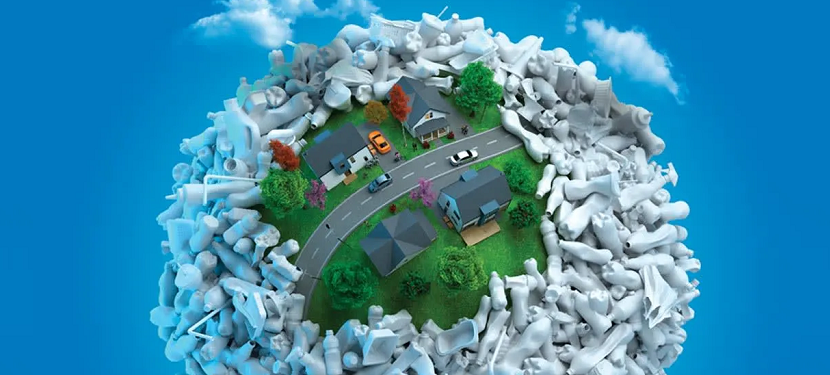The paper “Creative Learning in STEM: towards the design of an approach between theory and reflective practice” suggests that bodily engagement, emotions, self-expression and open-ended, creative exploration, should have a legitimate place in the science classroom. It proposes to move beyond the de-contextualised use of technology in learning towards a learning flow that fosters engagement, a way to develop children’s thinking, their voice and identity, making them feel able to share and contribute actively.
